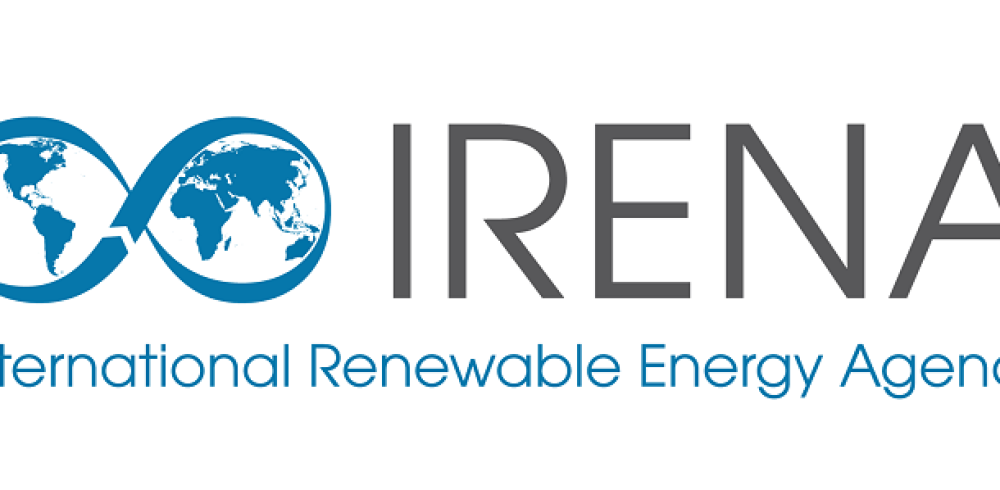A new study carried out by the International Renewable Energy Agency, IRENA, has revealed that it could be possible to eliminate energy-related carbon emissions. It has been discovered that Global energy-related carbon dioxide could be reduced by as much as 70% by 2050 and completely phased out by 2060. It has also been revealed that is energy-related carbon dioxide was decreased and eliminated in such a way, it would mean a net positive outlook, or in other words, it could lead to an improved global economy.
The research, Perspectives for the Energy Transition: Investment Needs for a Low-Carbon Energy Transition was launched at the Berlin Energy Transition Dialogue. The research states that by increasing the renewable energy sources in the G20 countries and globally can achieve the emission reductions needed in order to keep the global temperature rise to no more than 2 degrees Celsius. This would mean that we would avoid the more serious impacts of climate change.
The Paris Agreement demonstrated a level of agreement on the need to change our impact on the environment in a way never seen before. The focus to reduce our impact on the climate needs to be on decarbonisation throughout the global energy system. Two thirds of the greenhouse gasses emitted come from this energy system. New renewable power plants are being built, and these will generate electricity for a lower cost than comparative fossil-fuel power plants.
An improved effort to focus more on renewable power will also create more and more jobs as the sector expands. However, these results will require urgent action as the longer the delays when implementing decarbonisation methods the higher the cost. The overall required investment will be substantial, valued at $29 trillion until 2050. However, this amounts to less than 1% of the global GDP, 0.4% to be specific.















